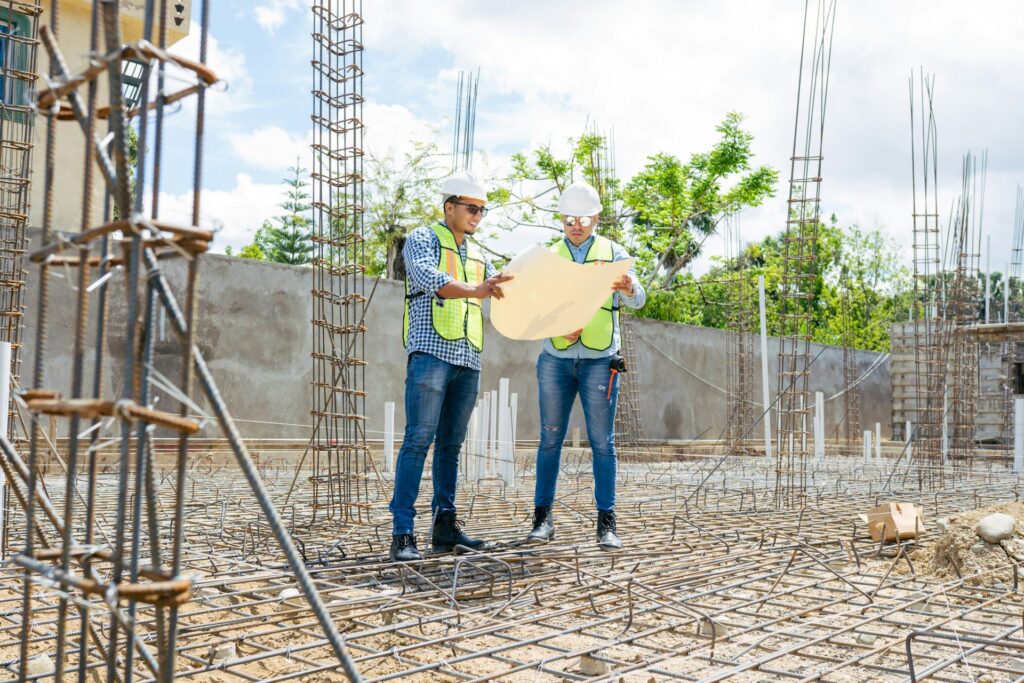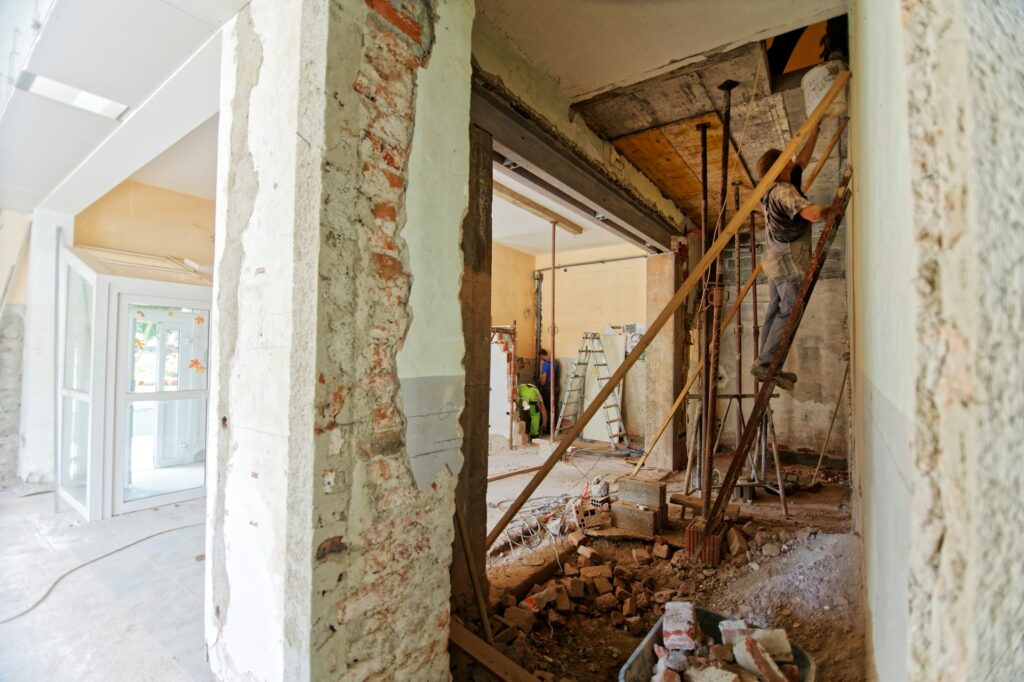Understanding the major differences in contractual obligations for residential versus commercial builders is crucial for anyone embarking on a building project. Both types of projects come with their own unique sets of requirements, from the scope of work to regulatory compliance. Ensuring that you are aware of these differences can save time, reduce costs, and help avoid legal issues.
In this article, we will dive into the key differences between the contractual obligations in residential and commercial building projects. This insight will help you better navigate your next construction project, whether it’s building your dream home or developing a commercial space.
Scope of Work and Project Size
The scope of work and project size are key differences between residential and commercial builders. Residential projects typically involve building single-family homes or small multi-family units. These projects focus on creating comfortable living spaces tailored to the homeowner’s needs. The scope of work in residential construction often includes elements like landscaping, interior design, and custom features. Builders work closely with homeowners to ensure the final product meets their expectations.
On the other hand, commercial projects are much larger in scale and complexity. These can range from office buildings and shopping centres to industrial facilities. The scope of work for commercial construction includes more detailed planning and coordination with various stakeholders. Architects, designers, developers, and government agencies all play significant roles in these projects. Commercial builders need to adhere to stricter guidelines and specifications to ensure the building meets safety standards and serves its intended purpose.
The difference in project size also impacts resource allocation. Residential builders may employ smaller teams and fewer subcontractors. In contrast, commercial builders often require large crews and specialised subcontractors to complete the various aspects of the project. Managing larger projects also demands sophisticated project management tools and software to track progress, budgets, and deadlines.
Regulatory Compliance and Permits
Regulatory compliance and permits differ greatly between residential and commercial building projects. Both types of projects must follow local building codes, but commercial constructions usually face more stringent regulations. Residential builders need to secure permits for site preparation, building, plumbing, and electrical work. Inspections ensure compliance, but the process is relatively straightforward.
Commercial projects deal with a host of other regulatory requirements. These buildings must comply with accessibility standards, fire safety regulations, environmental impact assessments, and zoning laws. Given their size and impact, commercial buildings undergo multiple inspections at various stages of construction. Each phase, from foundation to finishing, requires approval to move forward.
The process of obtaining permits for commercial projects is more complex and time-consuming. Builders need to submit detailed plans and specifications to multiple government agencies for approval. This often involves hearings and public consultations. Non-compliance can lead to significant delays and fines, making it crucial for commercial builders to stay updated on regulations.
Adhering to these regulations is not only a legal requirement but also ensures the safety and functionality of the building. Proper compliance can prevent costly rework and legal issues in the long run. Therefore, understanding the regulatory landscape is essential for both residential and commercial builders to deliver successful projects.
Contract Duration and Deadlines
The duration and deadlines for residential and commercial building projects differ considerably, largely due to the scale and complexity involved. Residential construction projects typically have shorter timelines. Building a single-family home or small multi-family unit might take several months to a year, depending on the design and customisations.
In contrast, commercial construction projects often span multiple years. The extended duration allows for detailed planning, extensive regulatory approvals, and complex construction needs. Deadlines in commercial projects are also more critical and legally binding, involving substantial penalties for delays. Strict schedules must be maintained to avoid financial losses and legal issues.
Moreover, commercial contracts often include specific milestones, with each phase needing completion before the next can start. For example, foundational work must be finished and inspected before walls can be erected. These specific deadlines ensure the project stays on track and can involve multiple contractors, each responsible for different aspects of the build.
For both residential and commercial builders, managing time effectively is crucial. Delays can lead to increased costs and strained relationships with clients and stakeholders. Clear communication, regular updates, and contingency planning are essential for keeping the project on schedule.
Financial Considerations and Payment Terms
Financial considerations and payment terms are another area where residential and commercial building contracts differ significantly. Residential building contracts often involve a straightforward financial arrangement. The homeowner usually secures a loan or uses personal funds to pay for the construction. Payments are typically made at different stages of the project, such as after the foundation is laid, once the framing is up, and when the finishing touches are completed.
Commercial building projects, however, have more complex financial arrangements. These projects often involve significant investments from developers, financiers, and sometimes government entities. The payment terms in commercial contracts are detailed and structured, often involving progress payments tied to specific milestones. This structured approach ensures that funds are released as work progresses, preventing potential cash flow issues.
Commercial contracts also frequently include clauses for contingencies and change orders. These clauses cater to unexpected expenses or modifications requested during construction. Proper financial planning and transparent communication about costs are crucial to maintaining trust and ensuring the project’s financial viability.
Given the larger scale and complexity of commercial projects, financial oversight and monitoring are more rigorous. Regular audits, financial reporting, and compliance with funding requirements are standard practices to ensure the efficient and lawful use of funds. Understanding these financial aspects helps both residential and commercial builders manage their projects effectively and avoid financial pitfalls.
Conclusion
Anyone involved in the construction industry must understand the key differences in contractual obligations for residential and commercial builders. Knowing how the scope of work, regulatory compliance, contract duration, and financial considerations differ can guide you through successful project management. These insights help ensure that projects are well-planned, legally compliant, and financially sound.
Successfully navigating these differences can lead to more efficient and effective construction processes. Whether you are building a home or a commercial space, understanding these distinctions will help you manage expectations, stay on budget, and meet all regulatory requirements.
Ready to tackle your next construction project with confidence? Contact Sunset Construction today for expert guidance and support. Our commercial builders in Perth are here to help you navigate all aspects of your building project, ensuring success from start to finish.







